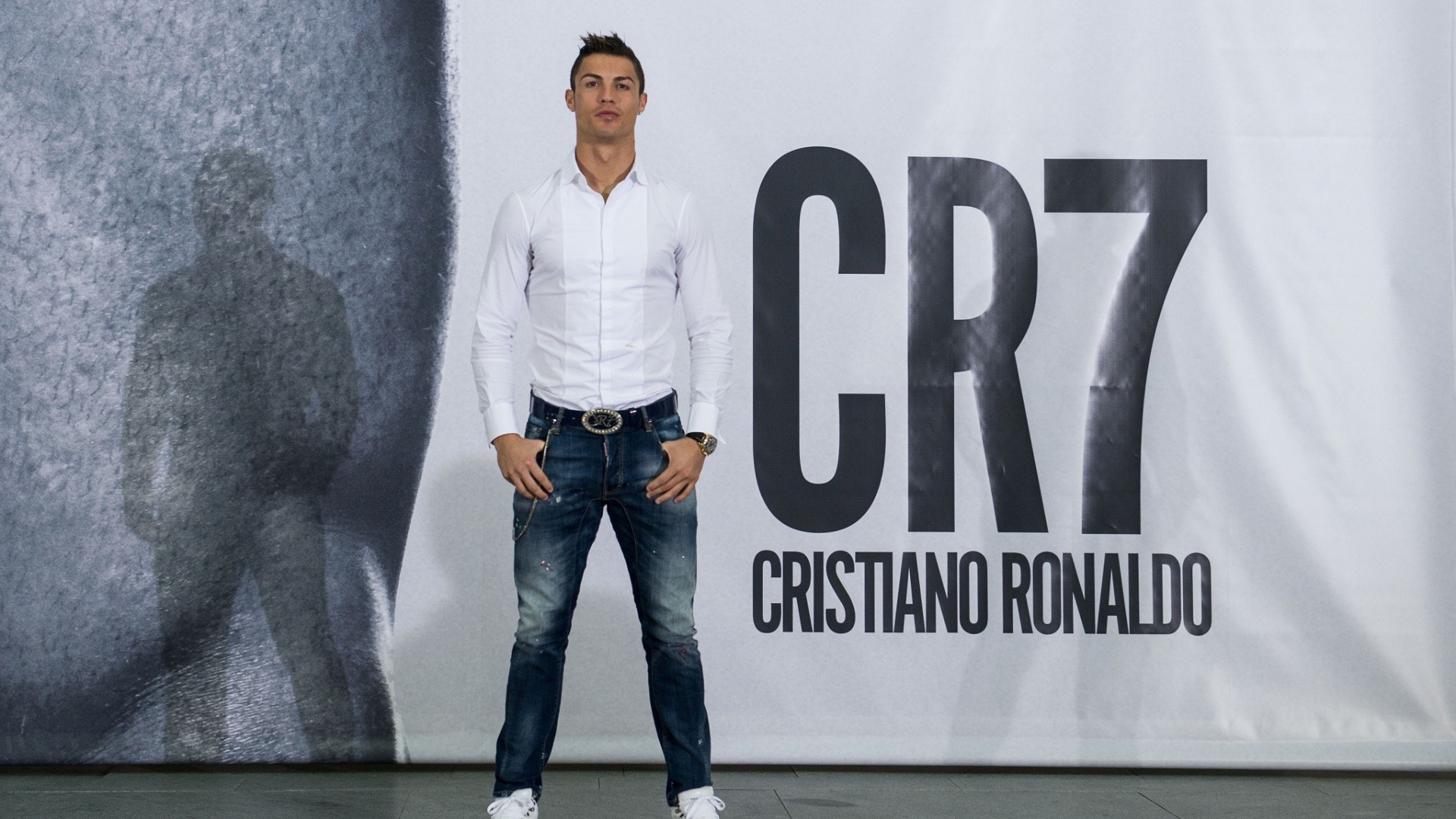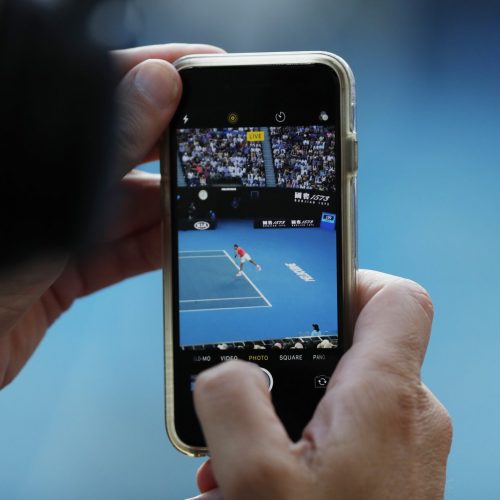Should an athlete opt for a publicist or publisher?
GUEST POST: According to the dictionary a publicist is “a person responsible for publicising a person, company or thing” and a publisher is “a company or person who prepares and issues printed or digital content”. Now, whilst neither of those two statements is factually incorrect, when it comes to their relevant value in the context of modern day athlete management, there’s certainly some doubt as to which now plays (or at least should play) a more significant role.
Circa 2000 when the name of the publicist game was to get the athlete in the right earned media partners at the right time (and then keep them out of those same partners when their moral compass wandered due south), their role was to act as the filter between media and athlete. If the publicist played it well, their client (in the eyes of the consumer world at least) would live a ‘picture perfect life’ and their agent, a life littered with pound signs as they watched the ambassadorial endorsements roll in.
Things, however, have changed – society and the way we consume media has changed, as has the way we engage with brands and indulge in celebrity lifestyle and culture. As social media emerged onto the scene it seemed so did the free spirited and more importantly free speaking athletes. It could be said that the traditional publicist of old became ‘surplus to requirements’ as the intermediary between athlete and fan almost overnight. No longer were athletes speaking via their publicists they were speaking for themselves (however wise, or not in some cases) – social media had given them a voice, they had control.
Think back to Jessica Ennis-Hill’s retirement, why was it that she took to social media to announce her retirement as opposed to issuing a press release?
Yes, it meant no lengthy press conference with headline hungry media for Jess, but there were reasons beyond just the practical solutions that this route offered. It could be argued that one reason for publishing this announcement on her own channels was so that Jess, or rather her digital marketing team could access a whole host of social analytics – analytics that can now be used to help influence her future decisions. If Jess’s digital marketing team were thinking about what’s next for Jess (which, you’d have to assume they were) they’d have placed a ‘cookie’ on any announcement content on her channels and tracked the digital media consumption habits of those consumers that engaged with it. There in lies the difference between a digital savvy athlete and one that’s perhaps not. It’s all well and good posting content and amassing followers into the millions (which most athletes can do overnight), but really understanding who these followers are and how they behave is the money shot. Just think how valuable that data is to future brand partners when it comes to shaping the media lay down of future campaigns?
Consumers obsession and desire to know every detail of an athlete’s life has become a reality thanks to social. Yet beyond revealing the frivolities of an athlete’s day-to-day life, they’ve also become a revenue driver in the crudest sense. Check out webfluential.com to see how much your favourite athletes tweet is worth. If your content is authentic, it will drive engagement and in this game engagement = money. However, social platforms should and do come with a warning (particularly for athletes), as get it wrong like Victor Anichebe and it’s the millennial audience equivalent of being caught in a News of the World sting.
US sports have pioneered the advance in athlete publishing with the UFC awarding the fighter that has published the most UFC content across their social channels with a financial bonus at the end of the year. Think about it, what’s more valuable to Man United’s commercial team? An athlete interview in the Manchester Evening News or an Instagram post that engages an athletes global fan base in a matter of seconds?
Take Cristiano Ronaldo – on Instagram, Twitter and Facebook alone Ronaldo can open the door to over 244 million information hungry fans daily. So does an athlete with almost a quarter of a billion ‘readers’ at his fingertips, have a publicist? Yes. Step forward Marisa Mendes, Cristiano’s social channel publicist. It’s not bad for her first gig but with such huge numbers comes a responsibility to behave authentically, to remain on message and understand the current media and fan ‘temperature’ before posting – not an easy task.
That said, whilst social media can help build what can only be described as a digital relationship with an athlete’s fan base and media it doesn’t and won’t replace traditional human relationships of old. For example, one of the reasons I think Roberto Martinez managed to fend off the ‘sharks’ for so long last season was due to his relationship with the North West national football writers. Apparently, his conviviality with the ‘hacks’ went above and beyond the usual Friday press conference. Who really knows whether this was his own approach or whether it was down to some good old fashioned PR and an insightful briefing by the club press officer? These are skills that can’t be tweeted or documented in a Snapchat story, the ability to build human relationships with key stakeholders that last longer than 140 characters will always prove stronger and drive greater value.
In my opinion, traditional publicists are far from ‘surplus to requirements’, they’ve evolved or at least the savvy ones have. They’ve learned a new repertoire of publishing skills that enable them to create a GIF or edit a short video (which is becoming easier by the day thanks to the editing wizardry available on smartphones, the iPhone 7 is spot on for this). They engage and build relationships with social influencers like they do ‘hacks’ and they understand how to target fans with programmatic spend on social. It’s not RIP to the publicist just yet, more a case that they’ve had a digital MOT. For those athletes that want to find out more about this, tweet me @Feeble777.
About author
You might also like
Mallory Group Launches White Paper on the ‘New Normal’ for Sports Rights Holders
Sport is proving to be one of the high-profile business casualties of the Covid-19 pandemic. However, its slow and structured return will be a key factor in life entering the
The seven essentials for achieving successful sports branding
By Daniela McVicker When it comes to sports, great branding is a must. Your brand influences how people see your company or team. It helps you to forge connections with
Live Chat: A New Social Experience in Sports
Article written by John S. Kim, CEO and co-founder of global API company SendBird Social media rose to prominence throughout the world due to its potential for connection. Social channels provided the









